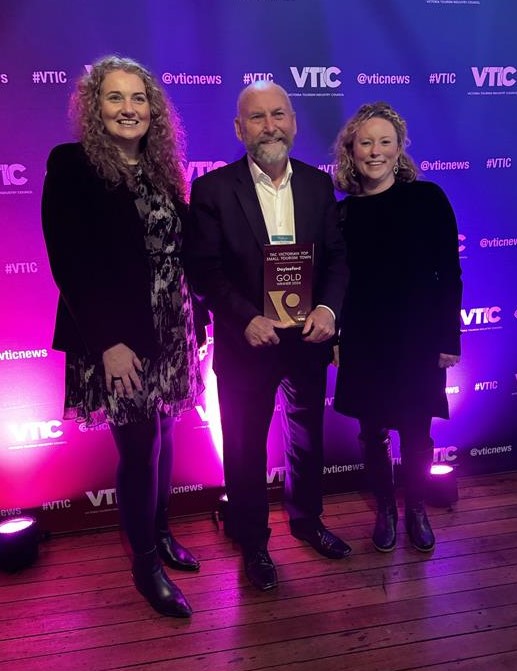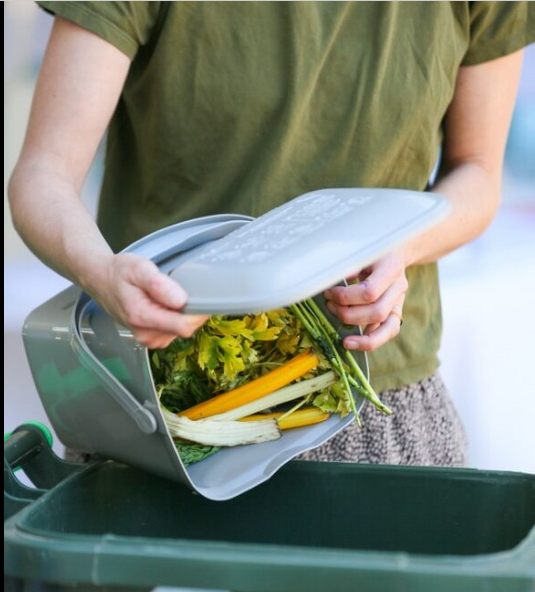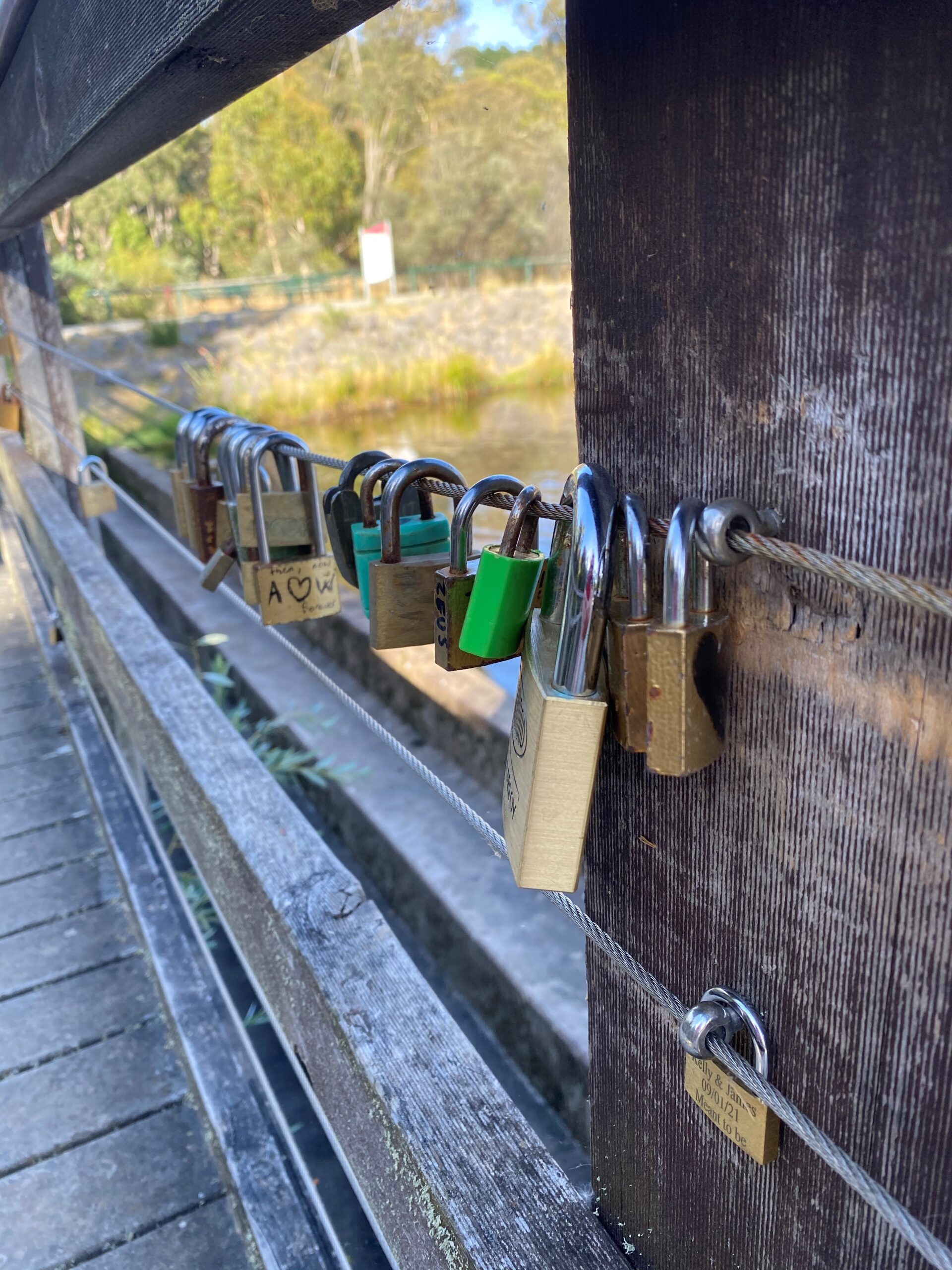August 14th, 2022Spotlight on homelessness with Narelle Groenhout
‘LET’S go far – together.’
There’s an African proverb that resonates across our local towns.
“If you want to go quickly, go alone. If you want to go far, go together.”
It is heart-wrenching to know that people in my own community and across neighbouring regions are at risk, vulnerable, hungry and homeless. Single parents, children, people of all ages and backgrounds sleeping in their cars. Some in tents.
Some are elderly. Cold in their homes, afraid of the power bills and vulnerable in their rental properties. Many are having to choose between paying rent and paying for fuel and food. Many are falling through the cracks.
Right now, in the heart of winter in one of the coldest areas in Victoria, people are sleeping in the forest. Some at camping grounds and some more remotely. One finding an old tin shed that he now calls home. Restrictions and regulations mean some are moved on from camping grounds with at least some facilities, every few weeks. These aren’t just anecdotes. Some I have been told about. Some I have reached out to – to help in any way, to connect them to groups and clubs they aren’t aware of and to see first-hand the extent of their hardships, in a hope to give them a voice.
To date, the Daylesford region alone has 200 people on the location preference social housing waiting list, and there are 207 in Woodend.
Over the coming editions, The Local will share their stories in an attempt to raise awareness. In truth, each of us is only an illness, a separation, a domestic violence situation, a mortgage default or a loss of a rental property away from homelessness.
This story won’t change or solve the homelessness situation by itself. But it can at least continue the conversation among us all. Long-term residents or new, we have all chosen to call the region home. That comes with a responsibility to look beneath the veneer of everyday life and understand what life is like for the more vulnerable in our community, whatever that may look like.
These conversations began long ago. Groups including the Daylesford Foundation, local neighbourhood houses, safe place houses, local church groups and individual advocates have been working tirelessly and passionately to find solutions for our most vulnerable. Because when it comes to passionate people, this region would have to be up there with the best of them.
Equally fervent are the many community organisations in the Hepburn Shire who regularly meet with council officers to seek solutions to work collaboratively on issues of homelessness, at-risk residents and those who have simply fallen through the cracks.
For now, we are not using individual names. Some group members are partly state or local government funded. Most are nervous about the repercussions for their group for future funding opportunities if they speak up. Quite simply, funding is now political.
Hepburn Shire Council says it is working, with many other organisations, on the issue of homelessness but the reply to a series of questions about homelessness in the shire had little detail. “Council is aware of the homelessness issue facing some vulnerable people in our community. We are currently convening a working group of service providers and stakeholders in our shire, including Cafs (Child and Family Services) who is the funded agency, to discuss support and access to services. We encourage anyone experiencing homelessness to contact and register with Cafs.”
This statement, from council CEO Bradley Thomas, was provided in response to specific questions about support for and provision of safe and accessible toilet and shower facilities for people living rough. While plans are being finalised for such facilities at the Daylesford Neighbourhood House – it’s been four years since the issue was first raised with the council.
When the state government announced recently that a number of council areas in Victoria could apply to get portable homes to assist with homelessness, I was initially relieved thinking Hepburn Shire would no doubt be included. But while neighbouring regions were granted homes, Hepburn Shire missed out.
The response from Mr Thomas was Hepburn Shire Council “wasn’t approached to participate in the program”.
However my conversations with the Premier’s department and media advisers across a number of departments all confirmed no invitation is needed. It’s up to local government areas to apply for grants, to lobby and to advocate.
One member of the working group said one of the biggest issues was that lack of information and communication.
“Council recently got a government funded agency to the table. Before then we weren’t connected to them. While so many groups, clubs and individuals work to fill in the gaps for those that have fallen through the cracks, government agencies need to be held accountable when they aren’t doing their bit. And information needs to be shared, because when we are all connected then we can work cohesively, from funded agencies through to local organisations and community groups.”
Over the past few months, I’ve met with a number of homeless people in the shire. Two waited over a month to get an appointment with Cafs. When they finally had a meeting, one was asked if they had heard of a local charity group and told to seek help from them instead.
Surprisingly, one woman said that Cafs did not mention any of the individuals, clubs and groups providing food, pantry staples, and warm meals across the region, despite her need to access meals for her children.
(Cafs CEO Wendy Sturgess told The Local she could not comment on individual cases. “At this time there is significant demand as a result of the Covid-19 pandemic and a significant lack of affordable housing in the local area. The Cafs Housing and Homelessness team in Daylesford do not and have not had a waiting list for intake and assessment.”)
One homeless man I’ve spent many hours chatting with wasn’t aware of the support available around food either. Despite visiting local doctors and government agencies, he had not been made aware of the services and support available to him. Services outside government parameters.
One member whose group has helped literally hundreds of people in the shire said sadly there is a NIMBY effect but is confident we as a community can turn that around and conversations must continue.
“Not in my backyard is real. Many want to ease their conscience by donating to charities but it’s a different story when it comes to actually helping people in our own town. Our neighbours, our local kids, our colleagues – when it is in front of us it’s an issue many don’t want to think about or feel they can’t get involved. And when there is a visible homeless person, that’s when real feelings are heard,” he said.
“For many, judgment overrides empathy. Let’s all come together to bring empathy to the forefront. Let’s get back to basics. Let’s talk to our neighbours, talk to friends, talk to strangers. Reach out if someone is in need. It’s amazing what can be achieved if we all come together collectively and care.”
Do you have a story or experience to share on this issue?
Email news@tlnews.com.au










